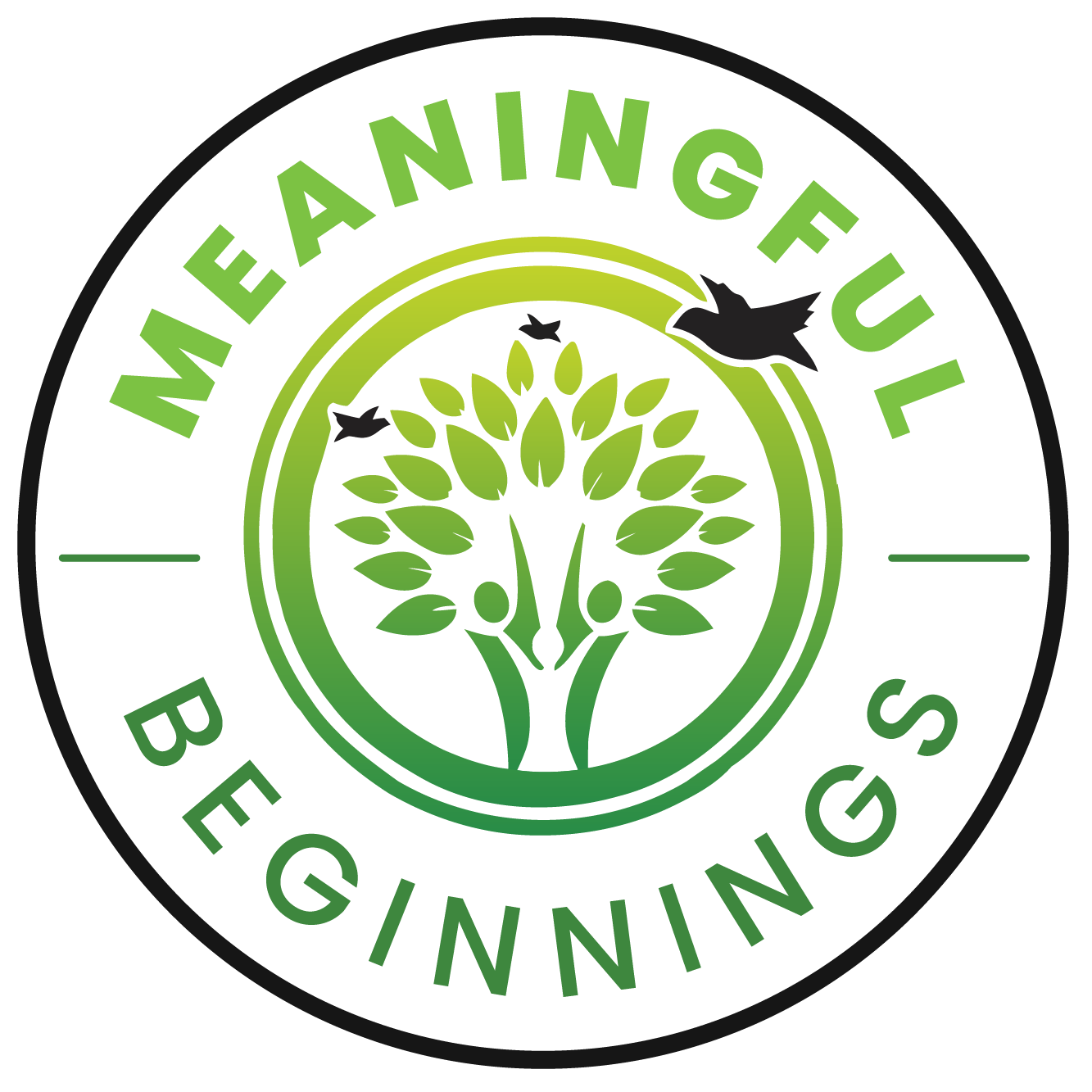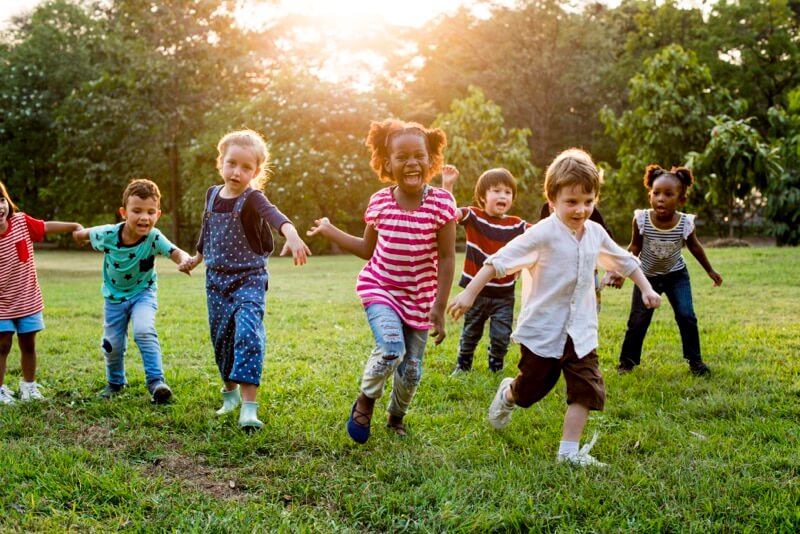Understanding Social-Emotional Learning: A Brief Overview
Hello, wonderful parents of the Bay Area! As you navigate the exciting (and sometimes overwhelming) journey of raising your little ones, you’ve probably come across the term “social-emotional learning” or SEL. But what exactly does it mean, and why is it so important in your child’s early education? Let’s dive in.
Social-emotional learning is all about teaching kids to understand and manage their emotions, show empathy for others, establish positive relationships, and make responsible decisions. It’s like giving your child a toolbox full of skills they’ll use throughout their lives.
Think back to your own school days. Remember that time in third grade when you were so frustrated with a math problem that you just wanted to throw your pencil across the room? Or that moment in high school when you had a big disagreement with your best friend? Those were moments that called for social-emotional skills.
The Role of Social-Emotional Learning in Early Childhood Education
Now, you might be wondering, “Why should my toddler start learning these skills so early?” Well, just like learning to walk or talk, the earlier we start, the better.
In the world of early childhood education, we see social-emotional learning as the foundation upon which all other learning is built. It’s like the roots of a tree. The stronger and deeper the roots, the taller and healthier the tree can grow.
Let me share a story from our own daycare center. We had a little boy named Max who was having a hard time sharing toys during playtime. Instead of just telling Max to share, we used social-emotional learning strategies. We helped him recognize his feelings of frustration, taught him to express these feelings in a respectful way, and showed him how to negotiate with his friends. Over time, Max started to share more willingly and even helped other kids navigate their own sharing disputes.
The Unique Challenges and Opportunities in San Francisco Preschools
Living in the vibrant and diverse San Francisco Bay Area offers unique opportunities and challenges for social-emotional learning. Our children are exposed to a wide range of cultures, ideas, and experiences. This diversity is a fantastic resource for teaching empathy, understanding, and respect for others.
However, the fast-paced, high-tech environment can also create stress and pressure. That’s why it’s more important than ever to equip our children with the social-emotional skills they need to navigate this complex world.
In the coming sections, we’ll explore more about how social-emotional learning shapes future success, its impact on classroom behavior, and how you, as parents, can enhance it at home. Stay tuned, and remember, every step you take in understanding and supporting your child’s social-emotional learning is a step towards their brighter future.
How Social-Emotional Learning Shapes Future Success
You might be wondering, “How does learning to share toys or manage emotions translate into future success?” Well, let’s think about the skills that employers often look for. Teamwork, communication, problem-solving, empathy – these are all rooted in social-emotional learning.
Remember Sarah, the quiet little girl who used to attend our daycare? She was always a bit shy and preferred playing alone. Through various social-emotional learning activities, we gently encouraged Sarah to interact more with her peers. We saw her gradually open up, start to participate in group activities, and even become a leader in some of them. Today, Sarah’s parents tell us she’s thriving in elementary school, both academically and socially.
Social-emotional learning in preschool is not just about the here and now. It’s about giving our children the tools they need to succeed in school, in their careers, and in their personal relationships long term.
The Impact of Social-Emotional Learning on Classroom Behavior
In our years of running a daycare center, we’ve seen firsthand how social-emotional learning can transform classroom behavior. It’s not just about reducing negative behaviors like tantrums or fights over toys. It’s also about promoting positive behaviors like cooperation, patience, and kindness.
Take our friend Max from earlier. After he learned to manage his feelings and share, we noticed a ripple effect in our classroom. Other children started to follow his lead, and our classroom became a more peaceful, cooperative space.
Parental Perspectives: The Importance of Social-Emotional Learning at Home
As parents, you play a crucial role in your child’s social-emotional learning. It’s like being your child’s first and most important teacher.
One of our parents, Mrs. Lee, shared a beautiful story with us. Her son, Ethan, was struggling with transitioning from playtime to bedtime. Using some of the social-emotional strategies we discussed during parent-teacher meetings, Mrs. Lee helped Ethan express his feelings about bedtime and they worked out a new routine together. Now, bedtime is a much smoother process in their household.
In the next section, we’ll hear from our teachers about their experiences and share some practical tips for enhancing social-emotional learning in your preschool. Stay tuned!
Teacher Insights: The Benefits and Challenges of Teaching Social-Emotional Skills
Our teachers are the heart and soul of our daycare center, and they have some valuable insights to share about social-emotional learning.
Ms. Johnson, one of our beloved teachers, often says, “Teaching social-emotional skills is like planting seeds. It takes patience and care, but the results are worth it.” She recalls a time when she helped a student, Lily, who was struggling with separation anxiety. Through consistent reassurance and by teaching Lily to express her feelings, Lily’s anxiety gradually lessened. Now, she waves goodbye to her parents with a big smile every morning.
However, teaching these skills isn’t always a walk in the park. It requires time, consistency, and a lot of empathy. But as our teachers will tell you, the rewards far outweigh the challenges.
Future Trends: The Evolving Role of Social-Emotional Learning in Preschool Education
As we look to the future, the importance of social-emotional learning in preschool education is only set to increase. With the world becoming more interconnected and diverse, the ability to understand and respect others’ feelings and perspectives is more crucial than ever.
In the San Francisco Bay Area, we’re at the forefront of these changes. We’re constantly exploring new ways to integrate social-emotional learning into our curriculum and to partner with parents like you in this important task.
Practical Tips for Enhancing Social-Emotional Learning in Your Preschool
Finally, let’s talk about some practical ways you can support your child’s social-emotional learning at home:
- Model empathy and understanding: Show your child how to express empathy and understanding in your daily interactions.
- Talk about feelings: Make it a habit to talk about feelings in your home. Ask your child how they’re feeling and share your own feelings, too.
- Read together: Books are a great way to explore different emotions and situations. After reading a story, discuss the characters’ feelings and actions with your child.
- Play cooperative games: Games that require teamwork can help your child learn about cooperation and problem-solving.
Remember, every little step counts in this journey. And we’re here to support you every step of the way. Together, we can help our children grow into emotionally intelligent, successful individuals.
The Power of Patience and Persistence in Social-Emotional Learning
As we wrap up this discussion, it’s important to remember that social-emotional learning is a journey, not a destination. Just like learning to read or ride a bike, it takes time and practice. There will be bumps along the way, and that’s perfectly okay.
I recall a time when one of our students, Mia, was having a hard time managing her emotions. She would often burst into tears over small things. However with patience, persistence, and the use of social-emotional strategies, Mia gradually learned to express her feelings in a more constructive way. Now, she’s one of the most resilient kids in our center!
The Role of Community in Supporting Social-Emotional Learning
We believe that it takes a village to raise a child. In our diverse and vibrant San Francisco community, we have a wealth of resources to support our children’s social-emotional learning. From parent support groups to community events, there are plenty of opportunities to learn from and support each other.
Conclusion: The Lasting Impact of Social-Emotional Learning in Preschool
In conclusion, social-emotional learning in preschool is more than just a nice-to-have. It’s a crucial part of our children’s education that can shape their future success.
As parents, teachers, and community members, we all have a role to play in supporting our children’s social-emotional learning. And remember, no effort is too small. Every conversation about feelings, every shared book, and every moment of empathy contributes to your child’s social-emotional growth.
Thank you for joining us on this journey. Together, we can help our children grow into emotionally intelligent, successful individuals who are ready to take on the world!
The Power of Patience and Persistence in Social-Emotional Learning
As we wrap up this discussion, it’s important to remember that social-emotional learning is a journey, not a destination. Just like learning to read or ride a bike, it takes time and practice. There will be bumps along the way, and that’s perfectly okay.
I recall a time when one of our students, Mia, was having a hard time managing her emotions. She would often burst into tears over small things. But with patience, persistence, and the use of social-emotional strategies, Mia gradually learned to express her feelings in a more constructive way. Now, she’s one of the most resilient kids in our center!
The Role of Community in Supporting Social-Emotional Learning
We believe that it takes a village to raise a child. In our diverse and vibrant San Francisco community, we have a wealth of resources to support our children’s social-emotional learning. From parent support groups to community events, there are plenty of opportunities to learn from and support each other.
Conclusion: The Lasting Impact of Social-Emotional Learning in Preschool
In conclusion, social-emotional learning in preschool is more than just a nice-to-have. It’s a crucial part of our children’s education that can shape their future success.
As parents, teachers, and community members, we all have a role to play in supporting our children’s social-emotional learning. And remember, no effort is too small. Every conversation about feelings, every shared book, and every moment of empathy contributes to your child’s social-emotional growth.
Thank you for joining us on this journey. Together, we can help our children grow into emotionally intelligent, successful individuals who are ready to take on the world!
Discover the Difference at Meaningful Beginnings
At Meaningful Beginnings, we believe in nurturing the whole child. We understand that academic skills are important, but we also know that social-emotional skills are the foundation for lifelong success. That’s why we’ve integrated social-emotional learning into every aspect of our curriculum.
From teaching toddlers to express their feelings to helping preschoolers navigate their first friendships, we’re committed to fostering a supportive, empathetic environment where every child can thrive. Our dedicated teachers, supportive community, and innovative curriculum make us a leading daycare center in the San Francisco Bay Area for social-emotional learning.
But don’t just take our word for it. Come and see for yourself how we’re making a difference. We invite you to contact us today to learn more about our programs, meet our team, and discover how Meaningful Beginnings can support your child’s social-emotional growth. Together, we can give your child the meaningful start they deserve.








